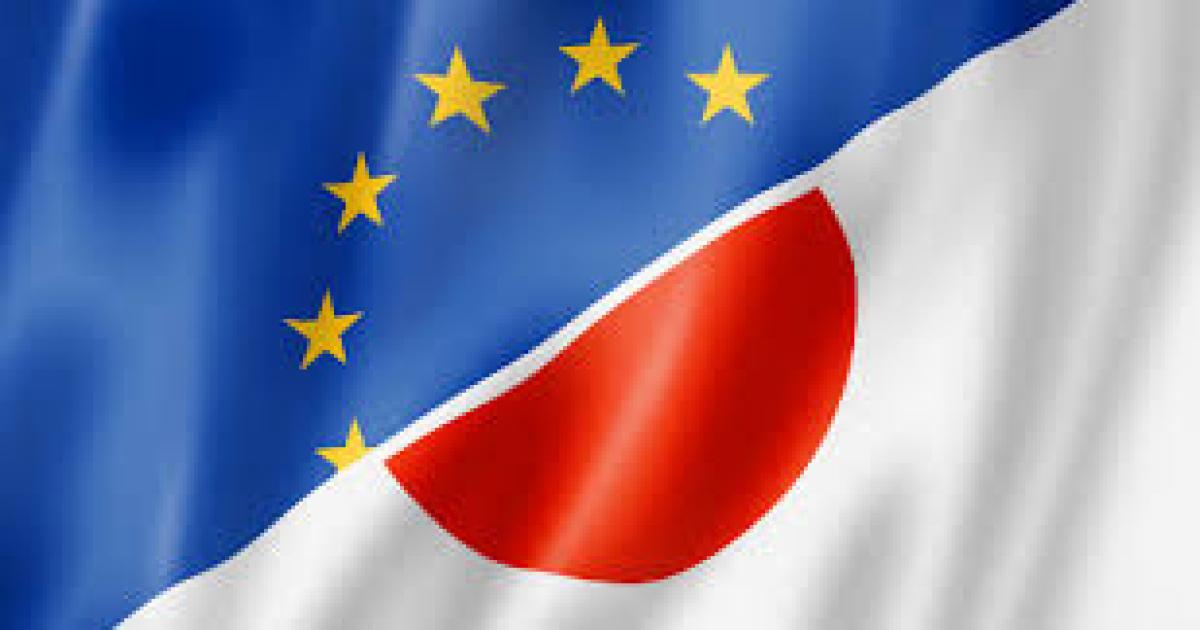The European Commission’s Directorate-General for Environment (DG ENV) and the Japanese Ministry of the Environment both reaffirmed their commitment to the environment at the 20th High-Level Dialogue in Brussels on Monday.
The meeting, hosted by DG ENV and led by Acting Director-General of DG Environment Patrick Child and Vice Minister Yutaka Matsuzawa for Global Environmental Affairs of Japan’s Environment Ministry, focused on exchanging insights on key environmental issues and reinforcing the strategic partnership within the Green Alliance.
Child and Matsuzawa reiterated the shared commitment to sustainability and the importance of addressing the current climate, biodiversity and pollution crisis, with both sides emphasising their readiness to effectively implement the objectives of the Green Alliance to tackle pressing environmental concerns.
Discussions on biodiversity, deforestation, and the conservation of wildlife centred around preparations for the upcoming 17th Conference of the Parties to the Convention on Biological Diversity.
The Japanese side provided updates on the first general review of the Global Biodiversity Framework. Both sides exchanged views on the Convention on International Trade in Endangered Species of Wild Fauna and Flora (CITES), while also discussing the combatting of deforestation.
Exchanges on the circular economy included Japan’s updates on its national policies, which stated the policy commitment towards the transition to a more circular economy, and both sides discussed future plans and concurred on strengthening EU-Japan cooperation in the field of the circular economy between respective ministries.
The two reiterated their commitment to conclude in a timely manner the negotiations on an ambitious and effective international legally binding instrument on plastic pollution.
The EU side presented the status of the legislative process for the End-of-Life Vehicles proposal, and the Japanese side shared its comments on the proposal. Both exchanged views on approaches to strengthening the circularity of automobiles while increasing competitiveness and addressing technical barriers and challenges.
The EU side also outlined the Packaging and Packaging Waste Regulation (PPWR), and both acknowledged the importance of circular economy approaches for packaging.
On the topic of pollution, the Japanese side outlined recent policy advancements targeting air pollution, demonstrating a comprehensive approach and a commitment to cleaner air.
The EU side followed with discussions on the Waste Shipments Regulation (WSR) and electronic waste management, further clarifying the details of the regulation and promoting environmental protection measures.
Looking ahead towards future cooperation, the EU side presented the New European Bauhaus initiative and invited the Japanese side to engage in addressing its environmental components within the context of bilateral cooperation.
Both sides confirmed the significance of continued technical-level cooperation throughout 2025 and 2026, recognising that regular exchanges are critical for fostering innovation and improving mutual understanding of environmental policy tools and legislative measures.
As a next step, the EU side presented its plan that DG ENV will be present in September at Expo 2025 in Osaka, Japan, where exchanges between the two sides will continue, notably on the topics of the circular economy, New European Bauhaus and green cities. The Commissioner for Environment, Water Resilience and a Competitive Circular Economy, Jessika Roswall, will attend the Expo. The Japanese side welcomed the plan.
In conclusion, both sides stressed the need for enhanced environmental cooperation in the future. The next High-Level Dialogue on the environment is planned to take place in 2026 and will be hosted by the Japanese side.
